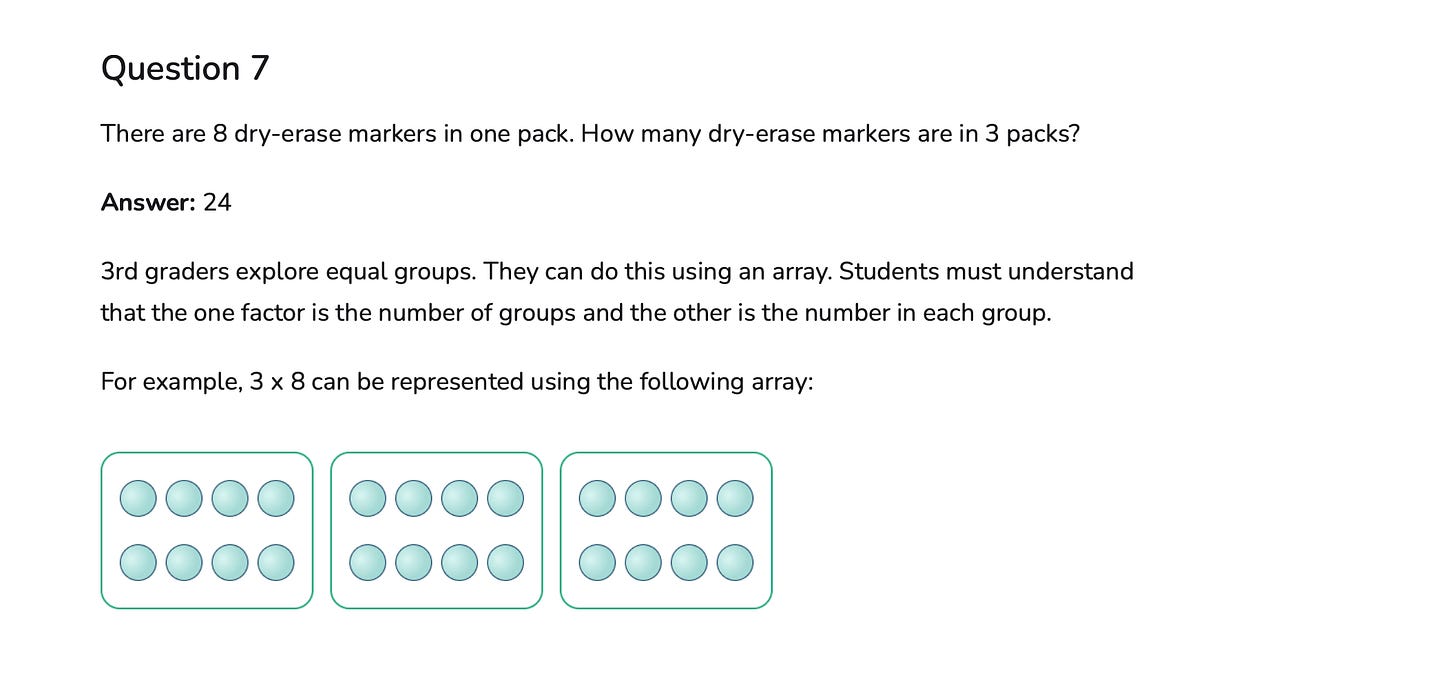The Most Boring Virtue Goes Wild
For a few years I’d wondered what it could mean to “practice humility,” along the lines of Aristotle’s virtue ethics.
Humility is often described as an “absence of hubris” — and practicing an absence, I’d learned from Alan Kazdin, is much harder than practicing a presence if you want to improve at something. (Having your children do something, versus not do something, is one of his main axioms for his parenting clinic.)
“How to practice humility as a practice of positive putting forth, rather than withholding, or restraint,” had been a puzzle.

Humility is also described as surrendering to God, or surrendering yourself to a higher power — letting go that you are fully in control. I have found deep meaning sometimes in prayer, or in a sacred place, to surrender in this way.
Still—I’d kept my eyes peeled for ways I could practice humility as a practical, earthly habit. And an occasion had arisen recently!
*I do understand the contradiction of being proud that I had practiced humility.
The Math Problem!
I wanted to learn math from a mentor, but we did not know where my knowledge ended and where he should start. I’d gotten tangled up somewhere past calculus, and somewhere past introductory discrete math, and had not made much progress going forward since college. From chatting, it became clear that where to start would be hard to figure out.
I thought it might be funny to find the learning-starting-spot by starting from the beginning — to start at kindergarten math and to work myself up until I got to where I thought I was before.
What a boring chore! Except I was excited because this was an example in practicing humility! Yes! Who is to say that going back to kindergarten math is a waste of my time?
Doing what a 5-year old can do and hoping I will learn something new! It sounded good to me!
Like the kind of earthly “surrender, don’t be hubristic!” that Aristotle may approve of.
What silly juicy fun!
I probably would not have gone through this horrible chore — and with joy! were it not for my private humility game.
**It is possible that this much excitation is against the spirit of humility.
Learning From the Teachers
What I quickly noticed was that this was very different than going through the curriculum as a child. These are the *teacher’s notes.* These are the notes from what the *teacher hopes for the child to notice or learn.* As an adult, I can read the teacher’s notes and feel out if I actually learned what I was supposed to.
https://thirdspacelearning.com
This is the website I used. There was no strategy here, I just went on Google and this site felt fine for my purposes.
I’d found that for each grade level there was “something that I had missed the first time around.” And then these things I had missed are actually likely to be very useful to me for the higher math that I was getting tripped up by.
I had missed that the word “difference” for “subtraction” is a terrific word, in that the “delta” or “change in” or “difference” between two numbers (for example, represented on a number line) can be calculated with subtraction. (I can imagine this being helpful to me for visualizations in linear algebra later.)
I had missed that the “algorithm for solving harder subtraction problems on paper” was a shortcut for base 10 thinking, and that a better visualization of “what is happening” can be created with blocks of 100, 10, and 1. (Probably useful for my confusions with modular arithmetic.)
I had missed that there is an “additive” way of thinking about multiplication (8 is 4 groups of 2), but also a “relationship between numbers” way of thinking about multiplication (8 is 4 times larger than 2).
Then there are kind of funny delightful things like arrays being present in the notes for third grade. This is fun to see after having taken introductory discrete math.
From: https://thirdspacelearning.com/us/blog/math-problems-for-3rd-graders/
How do you practice humility?

